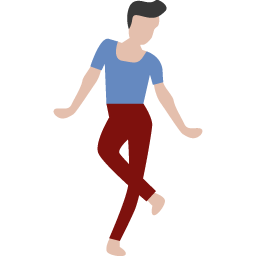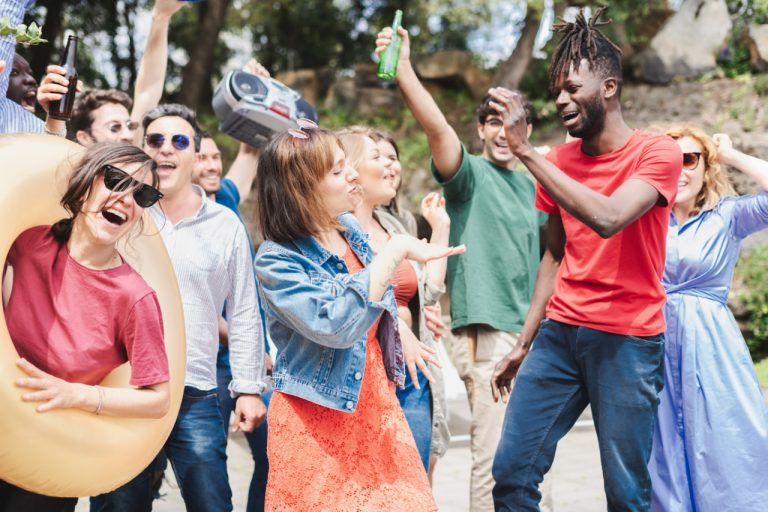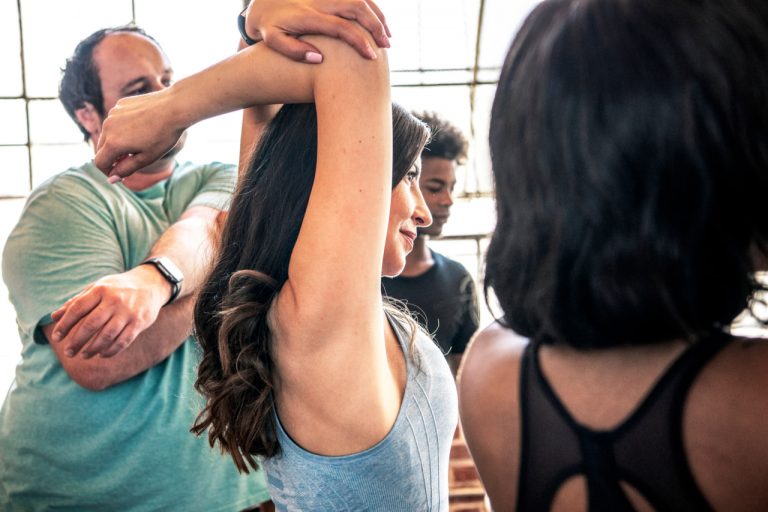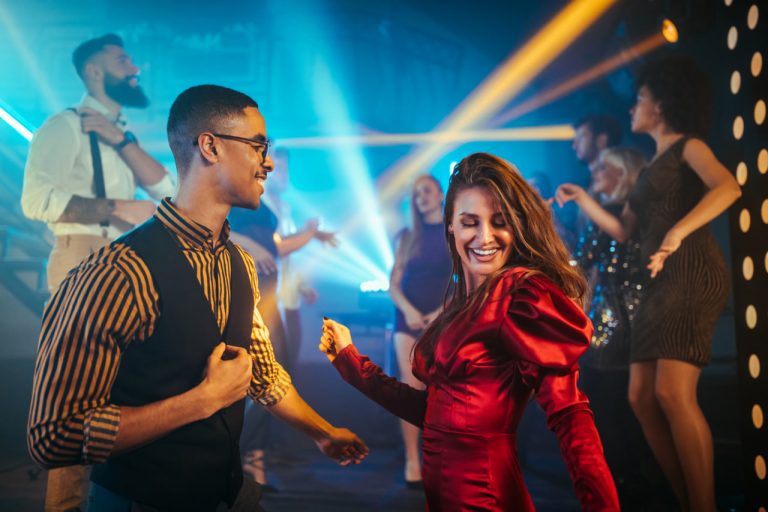Social dancing is more than just a fun way to spend an evening—it offers a wide range of health benefits that can positively impact your body, mind, and soul. From improving physical fitness to boosting mental well-being and fostering emotional connection, dancing socially is a holistic activity that nurtures every part of your being. If you’re looking for a way to enhance your health while enjoying yourself, social dancing might be just what you need.
Physical Benefits: Moving Your Body with Joy
Social dancing is an excellent form of exercise that combines cardiovascular activity, strength training, balance, and flexibility. Many social dances, such as salsa, swing, or tango, involve continuous movement that increases your heart rate and improves endurance. This can lead to better cardiovascular health, stronger muscles, and improved coordination.
Dancing also promotes better posture and body awareness. Learning new steps and moves requires engaging core muscles and maintaining balance, which helps develop a stronger, more aligned body. Regular dancing can increase joint mobility and reduce stiffness, making it an enjoyable way to stay active without feeling like a chore.
Moreover, because social dancing often involves quick footwork and rhythm changes, it sharpens reflexes and agility. These physical benefits can contribute to a higher quality of life, especially as you age.
Mental Benefits: Stimulating the Brain
Beyond the physical, social dancing is a powerful tool for mental stimulation. Learning new dance routines and remembering sequences exercises your brain, enhancing memory and cognitive function. The process of picking up patterns, timing, and coordination challenges your mind to stay sharp and focused.
Dancing also encourages creativity and self-expression, which can reduce stress and anxiety. The immersive experience of moving to music helps shift your focus away from daily worries and into a state of mindfulness. This mental break can improve mood and foster a sense of calm.
Social dancing has been linked to a lower risk of cognitive decline and neurodegenerative diseases like dementia. Engaging both the body and brain simultaneously creates strong neural connections that support brain health.
Emotional and Social Benefits: Connecting with Others
Perhaps one of the most rewarding aspects of social dancing is the emotional and social connection it fosters. Dancing with others encourages communication, trust, and empathy through nonverbal cues and shared experiences. This connection can reduce feelings of loneliness and boost feelings of belonging.
Participating in social dance events creates opportunities to build friendships and meet people with similar interests. The sense of community that arises from these interactions can improve overall emotional well-being and self-esteem.
The joy of dancing, combined with positive social interactions, releases endorphins—natural mood elevators that make you feel happier and more relaxed. Over time, regular social dancing can improve your outlook on life and increase resilience to stress.
Holistic Wellness: Nurturing Body, Mind, and Soul
When you dance socially, you engage in an activity that harmonizes physical movement, mental engagement, and emotional connection. This holistic approach to wellness nurtures your whole self, promoting balance and vitality.
Whether you are dancing in a class, at a social event, or simply enjoying a spontaneous moment on the dance floor, the benefits extend far beyond the steps. The rhythm, music, and interaction combine to create a deeply satisfying experience that refreshes your spirit.
Getting Started with Social Dancing
If you’re interested in experiencing these health benefits, starting is easier than you might think. Many communities offer beginner classes in styles like salsa, bachata, or swing. Choose a style that excites you, and don’t worry about perfection—social dancing is about connection and enjoyment.
Try to attend social dance events or mixers, where you can practice in a relaxed setting and meet fellow dancers. Remember, everyone was a beginner at some point, and most people are more focused on having fun than judging your moves.



